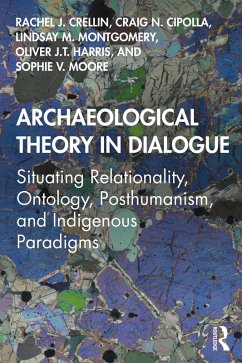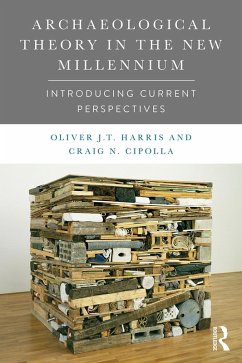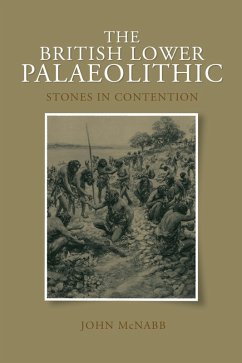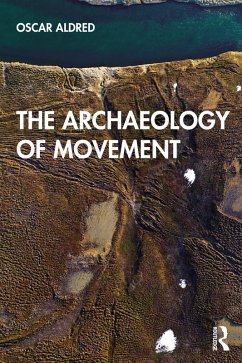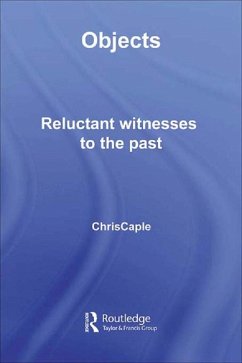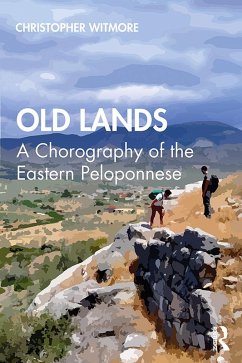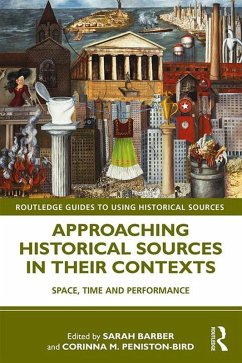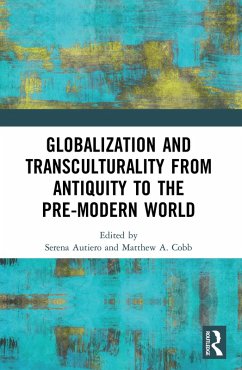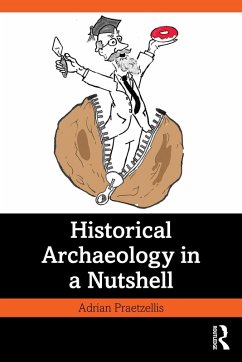
Archaeological Theory in Dialogue (eBook, PDF)
Situating Relationality, Ontology, Posthumanism, and Indigenous Paradigms

PAYBACK Punkte
20 °P sammeln!
Archaeological Theory in Dialogue presents an innovative conversation between five scholars from different backgrounds on a range of central issues facing archaeology today.Interspersing detailed investigations of critical theoretical issues with dialogues between the authors, the book interrogates the importance of four themes at the heart of much contemporary theoretical debate: relations, ontology, posthumanism, and Indigenous paradigms. The authors, who work in Europe and North America, explore how these themes are shaping the ways that archaeologists conduct fieldwork, conceptualize the p...
Archaeological Theory in Dialogue presents an innovative conversation between five scholars from different backgrounds on a range of central issues facing archaeology today.
Interspersing detailed investigations of critical theoretical issues with dialogues between the authors, the book interrogates the importance of four themes at the heart of much contemporary theoretical debate: relations, ontology, posthumanism, and Indigenous paradigms. The authors, who work in Europe and North America, explore how these themes are shaping the ways that archaeologists conduct fieldwork, conceptualize the past, and engage with the political and ethical challenges that our discipline faces in the twenty-first century.
The unique style of Archaeological Theory in Dialogue, switching between detailed arguments and dialogical exchange, makes it essential reading for both scholars and students of archaeological theory and those with an interest in the politics and ethics of the past.
Interspersing detailed investigations of critical theoretical issues with dialogues between the authors, the book interrogates the importance of four themes at the heart of much contemporary theoretical debate: relations, ontology, posthumanism, and Indigenous paradigms. The authors, who work in Europe and North America, explore how these themes are shaping the ways that archaeologists conduct fieldwork, conceptualize the past, and engage with the political and ethical challenges that our discipline faces in the twenty-first century.
The unique style of Archaeological Theory in Dialogue, switching between detailed arguments and dialogical exchange, makes it essential reading for both scholars and students of archaeological theory and those with an interest in the politics and ethics of the past.
Dieser Download kann aus rechtlichen Gründen nur mit Rechnungsadresse in A, B, BG, CY, CZ, D, DK, EW, E, FIN, F, GR, HR, H, IRL, I, LT, L, LR, M, NL, PL, P, R, S, SLO, SK ausgeliefert werden.




